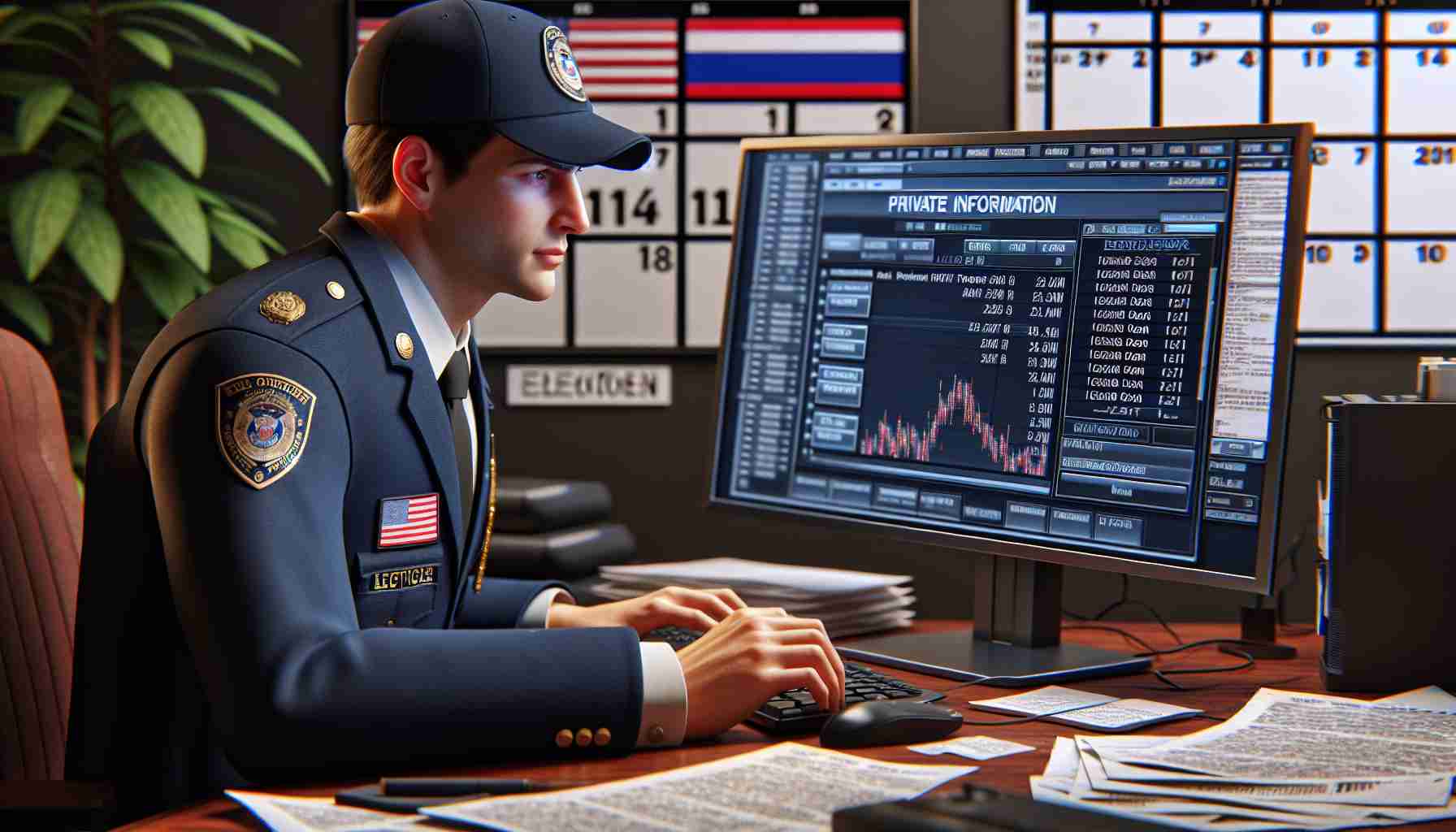As the election period intensifies, vigilance against disinformation and misinformation becomes crucial. Disinformation refers to intentionally false statements crafted to mislead, while misinformation involves sharing incorrect information without malicious intent. Both forms can have serious implications, particularly when related to candidates or urgent issues.
During events like Hurricane Helene, misleading claims and rumors often proliferate, sometimes exacerbated by statements from prominent political figures. In extreme cases, certain remarks may lead to public backlash, even prompting some party members to distance themselves from the comments.
To effectively navigate this landscape, it’s essential to scrutinize information sources. Generally, established news outlets and scientific organizations can be trusted, though they are not infallible. Responsible institutions correct their mistakes when identified. Yet, some self-proclaimed news providers prioritize bias over factual reporting.
If doubts arise about a piece of information, it is advisable to seek confirmation from multiple, varied sources. Sensationalist language often signals unreliable content. Tools like Snopes and FactCheck.org can help verify claims.
Moreover, sharing unverified information can mislead others, highlighting the need for caution on social media. Taking the time to fact-check not only preserves individual credibility but also upholds the integrity of the information shared within communities. Informed citizens play a pivotal role in fostering a truth-driven public conversation.
Tips and Life Hacks for Navigating Disinformation
As we find ourselves in an age where information spreads rapidly and often without verification, it is vital to equip ourselves with strategies to filter out disinformation and misinformation. Here are some valuable tips, life hacks, and interesting facts that can help you become a more informed consumer of information.
1. Develop a Critical Mindset
Approach news and information with a skeptical eye. Ask yourself questions about the source: Is this a reputable outlet? What are their motives? Critical thinking skills are essential for discerning fact from fiction.
2. Use Trustworthy Fact-Checking Websites
When you encounter information that seems dubious, turn to established fact-checking sites like Snopes and FactCheck.org. These organizations specialize in verifying claims and can provide clarification on a wide range of topics.
3. Check the Date of the Information
In times of crisis, outdated information can resurface and mislead people. Always check the publication date of articles and posts. Events can change rapidly, so recent sources are generally more reliable.
4. Sharpen Your Media Literacy Skills
Invest time in understanding how media works. Recognize the difference between news, opinion pieces, and advertisements. Several online resources and courses are available that offer training in media literacy.
5. Seek Multiple Perspectives
To gain a well-rounded view of an issue, consult diverse sources. Look for coverage from different political angles, geographic locations, and types of media. This practice can help identify bias and promote a more nuanced understanding of topics.
6. Be Wary of Emotional Language
Sensationalist headlines often use emotionally charged words to provoke strong responses. If something seems designed to evoke a reaction rather than present facts, it’s worth scrutinizing further.
7. Use Social Media Wisely
Social media can be a breeding ground for misinformation. Be cautious about what you share. Before passing along information, take a moment to verify it. Not only does this protect your integrity, but it also helps prevent the spread of falsehoods among your network.
Interesting Facts About Misinformation
– Studies show that misinformation spreads far faster than verified information. This highlights the need for proactive fact-checking.
– People are generally more likely to share misinformation that aligns with their pre-existing beliefs, a phenomenon known as confirmation bias. Understanding this can help counteract the effects by exposing ourselves to a variety of viewpoints.
By applying these tips and remaining vigilant, we can each contribute to a more informed public discourse. Staying informed not only enhances our own understanding but also fosters a more educated society. Embrace your role as a truth-seeker in the quest for factual information.
For more insights on media literacy and fact-checking, visit FactCheck.org and Snopes.
